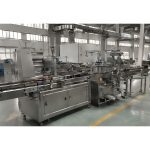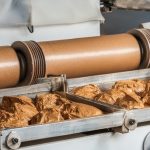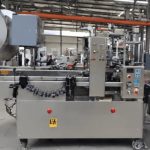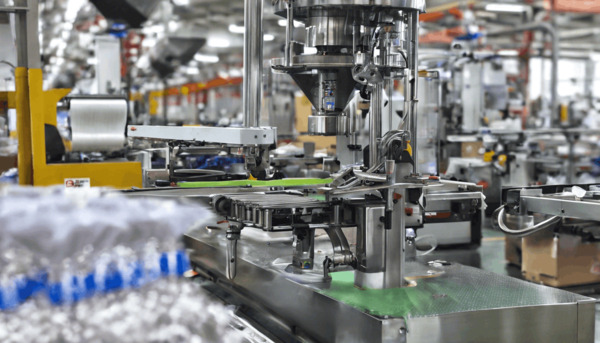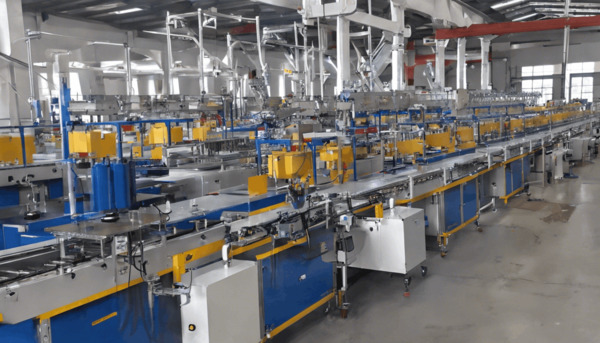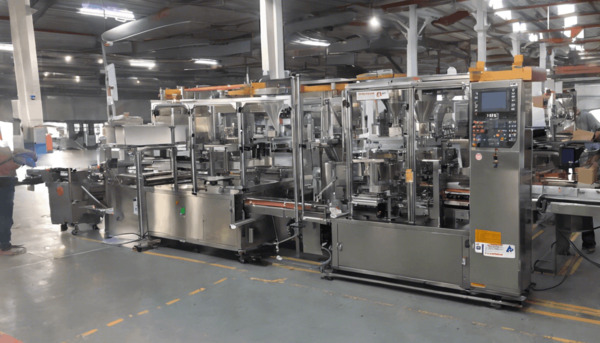
Introduction to Sealing Machines
Sealing machines are essential in various industries for packaging products securely. They are used to close and seal packages, ensuring that the contents are protected from external elements such as air, moisture, and contaminants. These machines are crucial in maintaining product quality, extending shelf life, and ensuring safety during transportation and storage.
Types of Sealing Machines
There are several types of sealing machines, each designed for specific applications and materials. The most common types include:
Heat Sealing Machines
Heat sealing machines use heat to melt and bond the edges of thermoplastic materials. They are widely used in the food industry for sealing plastic bags and pouches. These machines can be further categorized into impulse sealers, which use a short burst of heat, and constant heat sealers, which maintain a steady temperature.
Vacuum Sealing Machines
Vacuum sealers remove air from the package before sealing it, creating a vacuum environment that helps preserve food and other perishable items. This type of sealing is popular in the food industry for products like meats, cheeses, and coffee.
Induction Sealing Machines
Induction sealers use electromagnetic induction to heat a metallic foil liner inside the cap of a container, creating a hermetic seal. This method is commonly used for sealing bottles and jars in the pharmaceutical and food industries.
Band Sealing Machines
Band sealers are continuous sealing machines that use a conveyor belt to move the package through the sealing process. They are suitable for high-volume production lines and can seal a variety of materials, including plastic and foil.
Ultrasonic Sealing Machines
Ultrasonic sealers use high-frequency ultrasonic vibrations to create heat and bond materials together. This method is ideal for sealing non-woven and synthetic fabrics, making it popular in the medical and hygiene product industries.
Applications of Sealing Machines
Sealing machines are used in a wide range of industries, including:
Food and Beverage: Ensuring freshness and preventing contamination in packaged foods and drinks.
Pharmaceutical: Providing tamper-evident seals for medicines and healthcare products.
Cosmetics: Sealing beauty products to maintain quality and prevent leaks.
Electronics: Protecting sensitive components from moisture and dust.
Factors to Consider When Choosing a Sealing Machine
When selecting a sealing machine, several factors should be considered to ensure it meets the specific needs of your operation:
Material Compatibility: Ensure the machine can handle the types of materials you need to seal.
Production Volume: Choose a machine that can accommodate your production speed and volume requirements.
Seal Strength: Consider the strength and durability of the seal required for your products.
Cost: Evaluate the initial investment and operating costs to ensure it fits within your budget.
Conclusion
Sealing machines play a vital role in the packaging industry by ensuring products are securely sealed and protected. With various types available, each suited to different applications and materials, it is important to choose the right machine for your specific needs. By considering factors such as material compatibility, production volume, and cost, you can select a sealing machine that enhances your packaging process and maintains product integrity.
